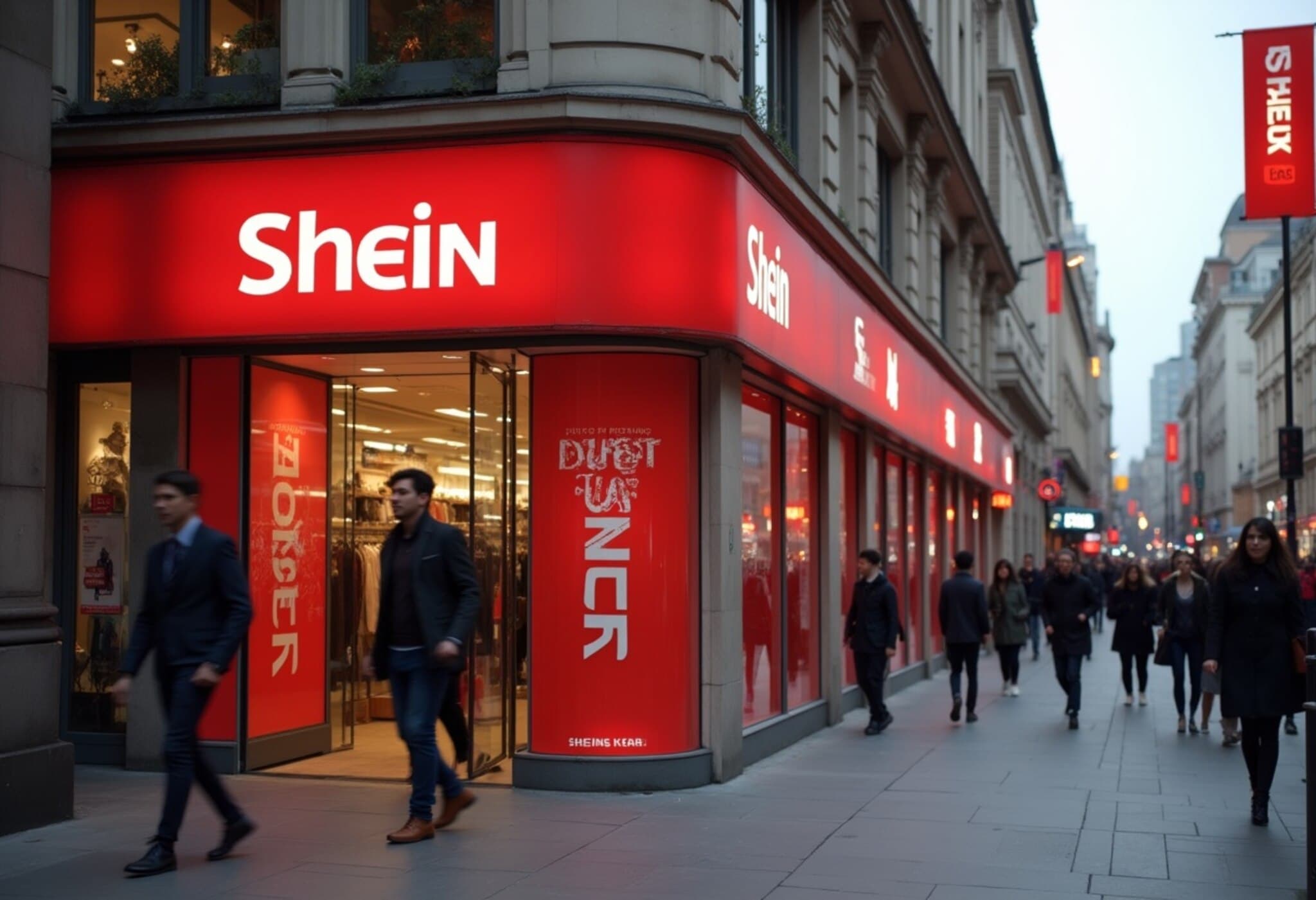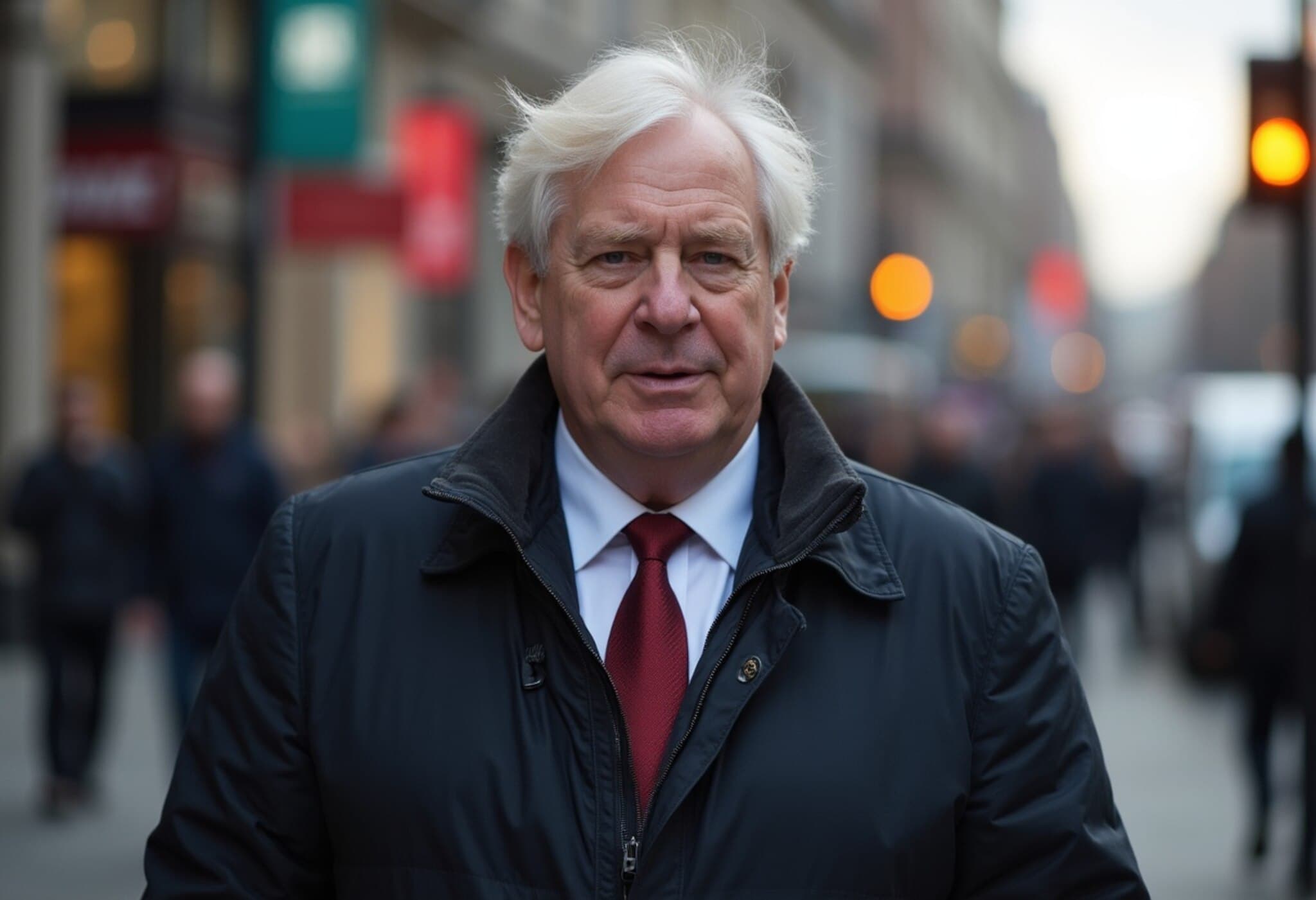Shein's UK Revenue Soars with 32% Growth in 2024
Shein, the global fast-fashion powerhouse headquartered in Singapore, has reported a remarkable 32.3% increase in its UK sales for 2024, reaching £2.05 billion ($2.77 billion). This impressive growth signals the company’s deepening foothold in one of Europe’s most competitive retail landscapes, despite gloomy economic headwinds.
Profit Margins Climb as Shein Expands UK Footprint
Alongside the surge in sales, Shein’s UK arm saw its pre-tax profit rise to £38.25 million in 2024, up from £24.43 million just a year earlier. The company attributes these gains to a combination of aggressive digital marketing, streamlined operations, and expanding its physical presence — notably opening offices in King's Cross and Manchester.
Innovative Marketing: From Pop-up Shops to Christmas Bus Tours
Shein has blended digital savvy with on-the-ground engagement by launching a pop-up shop in Liverpool and orchestrating a Christmas-themed bus tour across 12 UK cities. These initiatives not only enhance brand visibility but create personal connections with UK consumers, an often overlooked strategy in the fast-fashion sector.
Economic and Regulatory Challenges on the Horizon
Despite its success, Shein acknowledges several headwinds that could impact future growth. Rising inflation and living costs have dampened UK consumer confidence, a crucial factor for discretionary spending on fast fashion. Moreover, the company is wary of potential supply chain disruptions, currency volatility, increased freight costs, and possible shifts in UK regulations that might force product adjustments or withdrawals.
IPO Ambitions and Regulatory Hurdles
Earlier in 2024, Shein confidentially filed for an initial public offering (IPO), a strategic move aimed at expediting regulatory approvals and signaling confidence to investors. The company had previously attempted to list in London but faced regulatory delays, prompting a pivot toward a Hong Kong IPO. Market watchers see this dual approach as Shein’s way to balance global market access with stringent regulatory landscapes.
Expert Insight: Navigating the Fast-Fashion Landscape Amid Economic Uncertainties
Fast fashion is inherently linked to discretionary income, meaning that inflationary pressures directly influence consumer spending habits. Shein's ability to post strong sales growth despite cost-of-living challenges speaks volumes about its value proposition and adaptability. However, policy analysts caution that sustained economic strain in the UK may force companies like Shein to further innovate or adjust their pricing models.
From a sustainability lens, Shein's rapid expansion and product turnover rate continue to raise concerns about environmental impact—a narrative gaining traction among increasingly eco-conscious UK shoppers and regulatory bodies. How Shein balances profitability and corporate responsibility will be critical in maintaining its UK market position.
Looking Ahead: What Shein’s Performance Means for the Retail Sector
- Market Expansion: Shein's robust growth could spur increased competition, motivating traditional UK retailers to accelerate digital transformation and customer engagement strategies.
- Regulatory Scrutiny: As Shein gears up for its IPO, UK regulators will likely scrutinize compliance rigorously, especially concerning consumer protections and trade practices.
- Consumer Behavior: Shifting consumer sentiments amid economic pressure may lead to heightened demand for affordable fashion, benefiting fast-fashion players but challenging sustainability norms.
Editor’s Note
Shein’s substantial UK sales growth amid economic uncertainty reveals a company adept at navigating complex market dynamics, blending digital prowess with localized strategies. Yet, this success also beckons critical questions: Can Shein sustain this momentum while addressing environmental concerns and regulatory demands? How will evolving consumer values around sustainability and economic caution shape the future of fast fashion in the UK? The answers will resonate not only with investors but across broader conversations on the retail sector's trajectory.



















